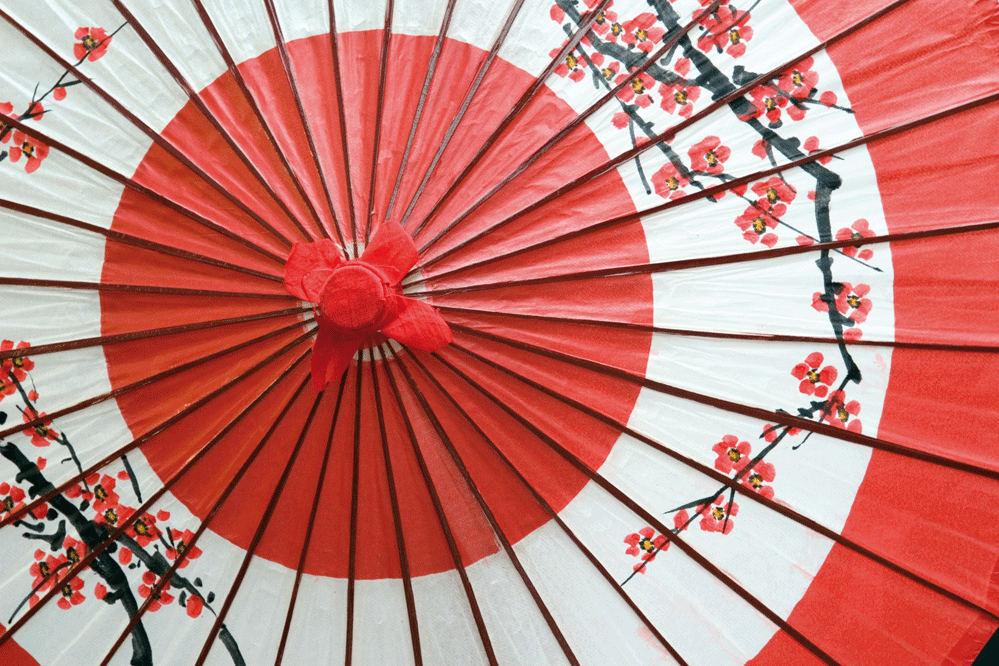Investing
Five funds to ride the Japan equity rally

As the Japanese market goes from strength to strength this year, we take a look at the best funds to play the rally.
Japanese shares have been soaring as a result of the recent economic policies introduced by new Prime Minister Shinzo Abe. But which funds offer investors the best way to play the ongoing rally?
Year to date, Japan’s blue-chip Nikkei index is up 46%, with the market led by domestic banks and large exporters such as Toyota and Sony.
However, the Japanese market has also been highly volatile over the past few years and investors need to remain cautious about how much risk fund managers are exposed to.
The IMA Japan sector is very varied, with no uniform approach among fund managers, and many of the funds in the sector offer investors a very different experience in terms of performance.
So which ones stand out from the crowd? Below, wealth managers reveal their top five Japanese fund picks:
GLG Japan Core Alpha
This fund is the most popular in the sector, with a long-term track record of delivering.
Although the fund is marginally behind the sector over the last year, returning 26.5% versus the average return of 28.1%, on a five-year view it has delivered 39.1%, versus the average return of 33%.
It predominantly focuses on large cap stocks which arew seen as undervalued, and the fund remains a favourite of fund selectors, including Hargreaves Lansdown.
Mark Dampier, head of research at Hargreaves, said the fund’s overweight positions in areas such as financials mean it should continue to perform as long as Japan’s recovery continues.
Jupiter Japan Income
The £568m fund is available in a hedged currency share class. The returns, however, lag the IMA Japan sector over three years to 3 May, the fund returning 16.9% versus an average of 19.4%.
Ben Willis, investment manager at Whitechurch Securities, is still backing the fund because of its focus on income.
He said such an approach was attractive in the current environment, and he argued overall Japan’s equity markets still look good value, despite the rally.
Schroder Tokyo fund
This blue chip large cap fund, avoids investing in more volatile smaller companies.
The £947m fund is a standout performer over the longer term, with a five-year return of 43.4% versus the sector average return of 33%, while its three-year numbers are also better than peers.
JOHCM Japan
Another classic Japan pick, the £366m portfolio is invested predominantly in mid-cap companies.
Although benchmarked against the TOPIX index, this fund is likely to have a high tracking error given its focus on medium-sized companies.
It remains one of the best performers over all time periods, well ahead of the IMA Japan sector over one, three and five years.
Over the last three years, it has delivered 27.1%, versus the average fund’s return of 19.4%.
Melchior Japan Advantage fund
The fund has increased exposure to banks and large manufacturers recently, which allows it to benefit from the weaker yen and pickup in domestic demand.
Hargreaves Lansdown’s senior investment manager Adrian Lowcock said: “The fund has struggled to outperform recently, but it is a good fund for long-term investing and it has been able to take some profit by selling out of some large banks.”
Over one year it has lagged peers, returning 24.1%, versus the sector average return of 28.1%.
And one which is strictly for the bravest of investors…
Legg Mason Japan Equity
A staggering return of 94.1% this fund over the last year means it is by far the most successful portfolio in the sector over the last one, three and five years.
However, the fund is also one of the most volatile, with the manager investing heavily in small and micro-cap companies.
Over the last ten years the fund’s annualised volatility is nearly double that of the the Japanese TOPIX index, running at 28.84% versus the TOPIX’s 16.12%.
Lowcock said the fund was only suitable for investors who really understand what the fund is trying to achieve, and who want a leveraged bet on Japanese equities.
“The trouble with this fund is that for those good years, you get some absolutely shocking years, and you have to ask is that level of volatility really suitable for most investors,” he said.